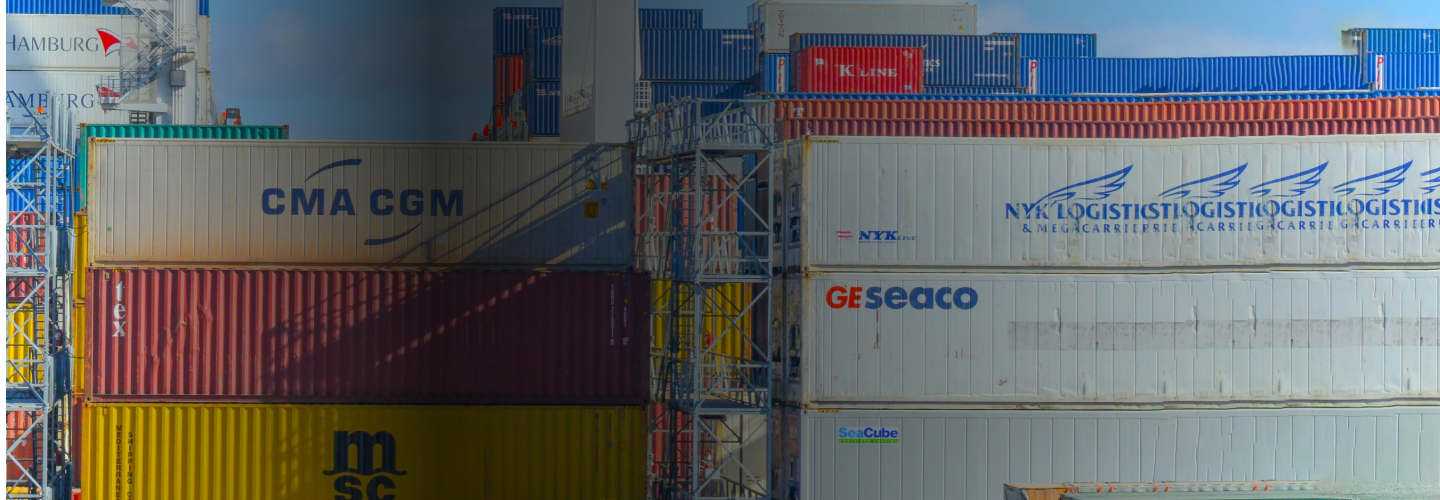For many manufacturers, imported products are a way to reduce costs without reducing productivity. However, the real cost of importing products from overseas might be more than you think.
Beyond supporting local businesses, there’s a real economic benefit for Australian manufacturers to source products from within the country. When you import products from overseas, you’re potentially opening your business up to a host of liabilities — all of which can have a huge impact on your bottom line.
We cast a light on the main risks of importing out-of-market products here.
The trade climate could rapidly change
As recent events have demonstrated, the global trade economy isn’t as stable as we once thought. A pandemic in China can wreak havoc on supply chain management in Australia, and vice versa.
When your entire business is dependent on imported goods, this poses a huge operational risk if a crisis hits that country. On top of that, if you need to rapidly shift your production to a local supplier, you might find yourself needing to pay more for an urgent turnaround time or, worse yet, you may end up waiting in line with others who are in the same boat. These changes add up to significant delays in output, which ultimately affects your revenue and your relationship with your clients.
Compliance with AS/NZ safety regulations
Whether it’s floor coverings or electrical cables, Australia and New Zealand have some of the strictest safety requirements in the world. All products that are manufactured locally are also certified to local health and safety regulations, which ensures your company is compliant with Australian standards in construction. However, this isn’t necessarily the case for imported products.
Many out-of-market products have proven risks attached, including compliance and safety risks. However, these often don’t surface until it’s too late. A few years ago, dozens of Australian building sites were under intense scrutiny after imported concrete fibre sheeting from China was found to be contaminated with illegal asbestos. Although asbestos has been banned in Australia for over a decade, this isn’t necessarily the case in other countries...but Aussie companies and tradesmen paid the price.
If you needed any more proof, in a survey conducted by the Australian Industry Group, nine out of 10 companies reported finding non-compliant products within their industry. Instead of risking your business and your licence, it’s far safer to work with a local manufacturer that has implemented all the necessary safety measures to protect workers and the general public.
Your company bears the liability if a product is faulty
Although you (or your company) aren’t responsible for creating the faulty product, you’ll bear the liability if there are any issues.
A prime example of this is the Infinity electrical cable safety recall from 2017. These cables were recalled after they failed AS/NZ electrical safety standards due to poor quality coating. However, it was the builders that used Infinity cables who were responsible for remediating the recall. Those that didn’t take the appropriate steps outlined by Fair Trading opened themselves up to prosecution, fines, financial liability, and even had the potential to lose their licence — a cost that was likely far greater than the savings from importing the cables.
Weighing up the ethical costs
Beyond the financial costs, there are also ethical costs associated with importing products from overseas. With the introduction of the Modern Slavery Act in 2018, Australian companies will be increasingly required to put human rights at the heart of business operations in the future.
It’s well-known that working conditions in factories in other regions aren’t at the same standards as Australia. Many may have poor work environments, low remuneration and forced overtime, or low labour law compliance. When you import products from overseas, your company might be inadvertently supporting these measures. On the other hand, when you source Australian-manufactured construction products, you can rest assured knowing the product is produced in fair and ethical working conditions.
Remember: it’s about the long run
With Australian regulations and building codes in place to protect Australians, why sell them short and put yourself at risk, both legally and financially?
At the end of the day, you’re not building for five minutes. You’re building for the long term — and the best way to achieve this is to use products built to Australian Standards, for Australians.
At Latham, all of our products are Australian-made and manufactured, in full compliance with national safety standards. To learn more and to find the right product for your next project, browse our Product Selection Assistant here.
To find out more about Latham products, please visit www.latham-australia.com. To talk to a Latham product expert, call 1300 LATHAM (528 426) or email sales@latham-australia.com.


-1.png)
